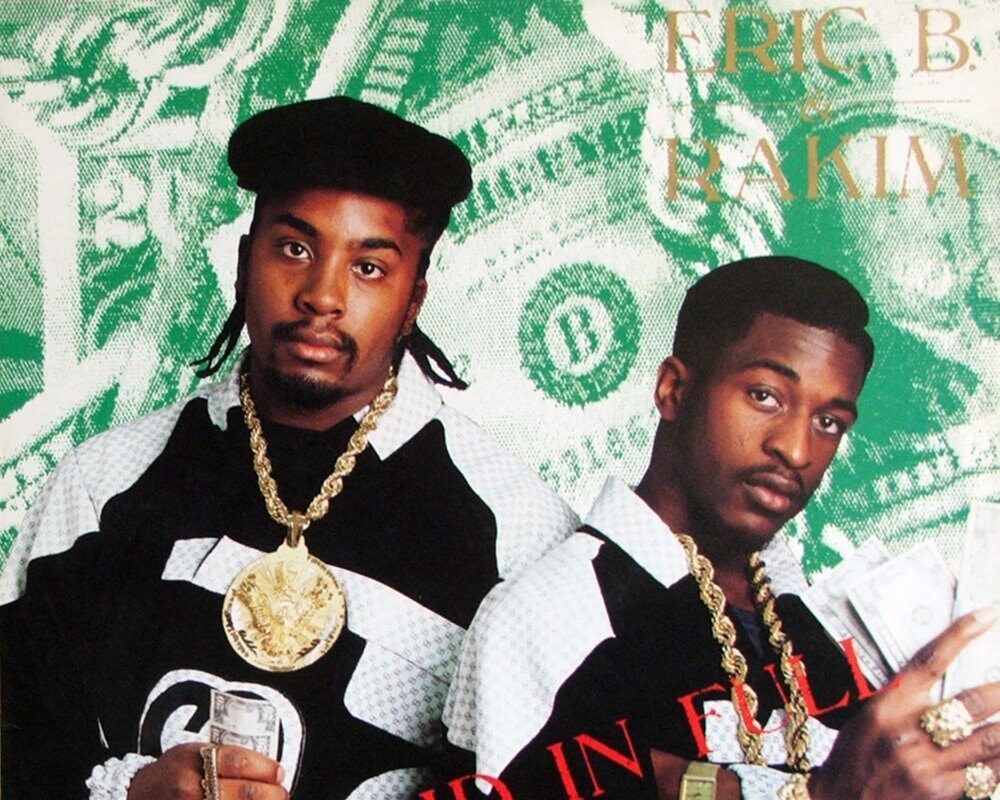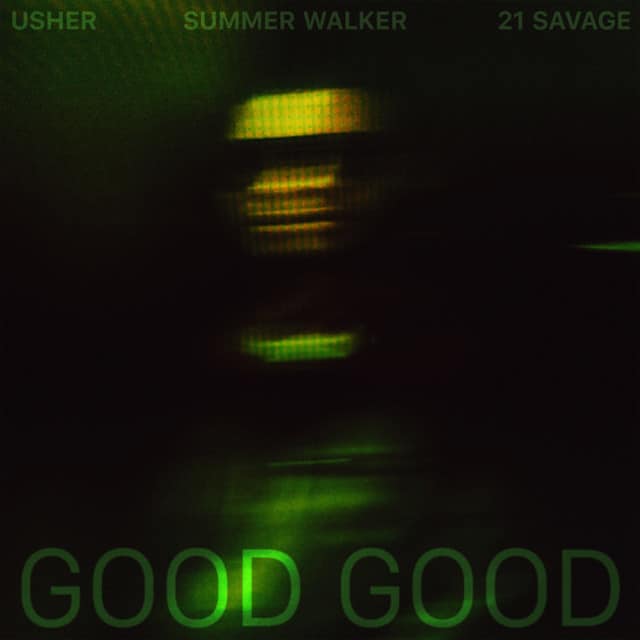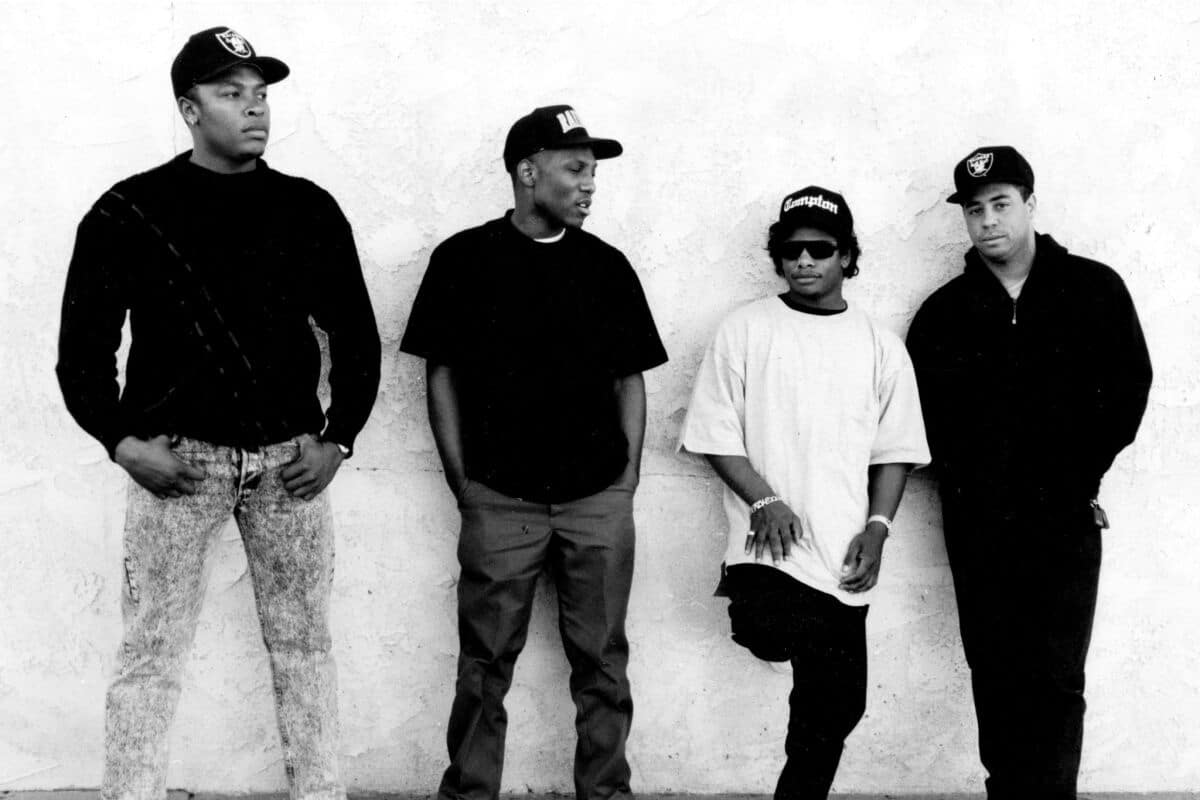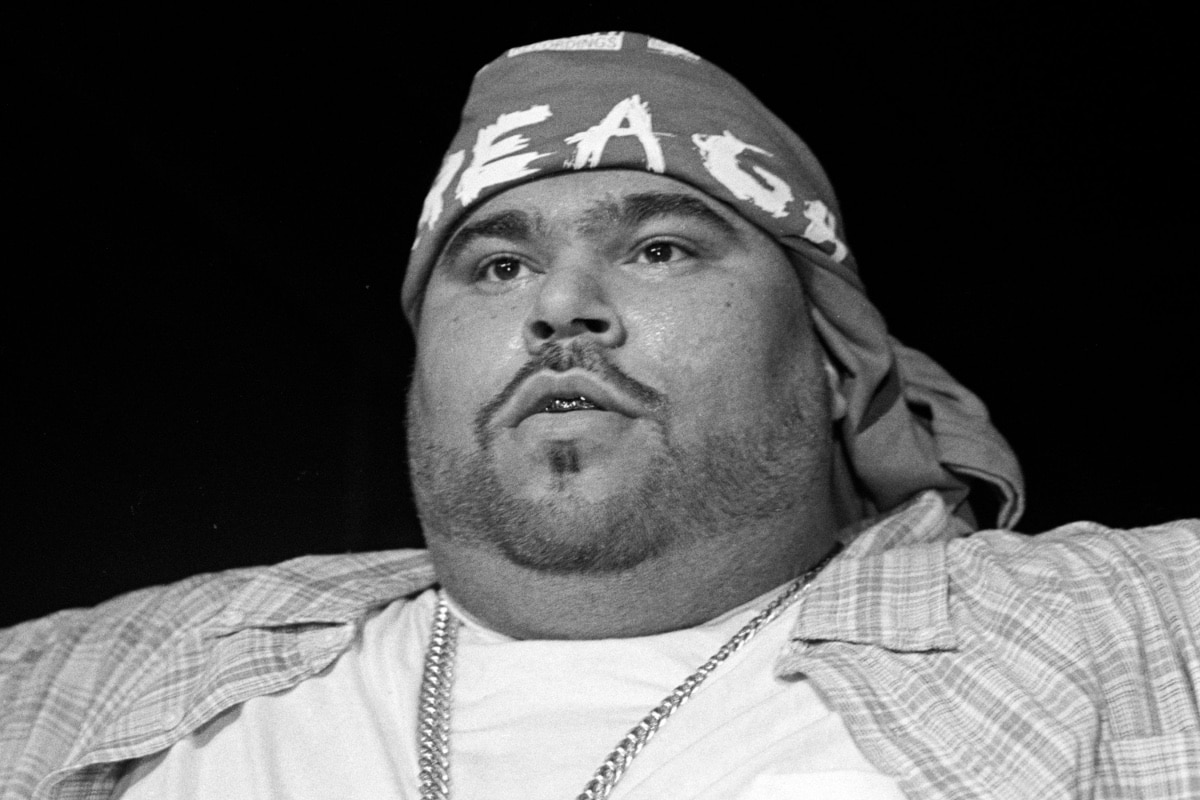Released: 1987 • Features: Marley Marl
“Paid In Full” by Eric B. & Rakim is a classic joint that speaks to the struggle of achieving financial success and the hustle required to get there. It blends the grit and grind of inner city life with a sense of hope and aspiration, underpinned by an optimistic desire to overcome and thrive.
The song kicks off with a conversational skit between Rakim and Eric B. discussing their business alliances. Lines like “doing the knowledge” and “gettin’ paid in full” reflect Rakim’s intention to educate himself to get ahead, while also giving us an organic insight into the industry setup at the time. The role of Norby Walters, Cara Lewis, Zakia and 4th & Broadway, and Rush, all real figures from the duo’s early career, is an authentic reflection of the crew they rolled with and the realities of the industry.
Then Rakim drops in with the iconic line, “Thinkin’ of a master plan,” which isn’t just dope lyricism, it personifies the challenge of the hustler’s mindset – trying to plot a way out of financial hardship. Rakim vividly describes his financial predicament, “digging into his pocket” and “coming up with lint” are relatable, unvarnished images of the struggle.

The lyric “how could I get some dead presidents” links directly to the common hip-hop slang for money (as the presidents’ faces are on the US dollar bills). Here, Rakim is reminiscing on his past life as a “stick-up kid” (someone who robs people), contemplating the devious things he did for money.
Yet in a show of growth, Rakim decides to “Search for a 9 to 5, if I strive/Then maybe I’ll stay alive”. It’s a powerful transition that underscores a shift from street hustle to legitimate work, from unlawfulness to righteousness – these bars express a maturation and a pivot towards survival.
Rakim waxes poetic about his love for hip-hop and the artistic process, which enables him to escape possible street activities. He misses having a “pen and a paper, a stereo, a tape’a”, showcasing the basic necessities for a hip-hop artist to create their craft.
The song ends on a high note, with Rakim stating, “Hit the studio, ’cause I’m paid in full”, implying that his hustle and hard work have brought him to a better financial state. The studio represents the culmination of this effort and the beginning of getting “paid in full”.
Lastly, the concluding exchange between Rakim and Eric B. about going to their girls’ houses and the delay in making their album is a comical touch but also a nod to their dedication to their craft, which might have strained personal relationships.
“Paid In Full” definitely isn’t a glamorous depiction of riches and champagne. It’s an honest, nuanced narrative about hard work, the hustle, and the potential for growth and improvement. It speaks volumes about the economic conditions of its time and remains a testament to Eric B. & Rakim’s storytelling prowess and authentic representation of their lived experiences.








